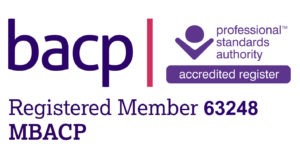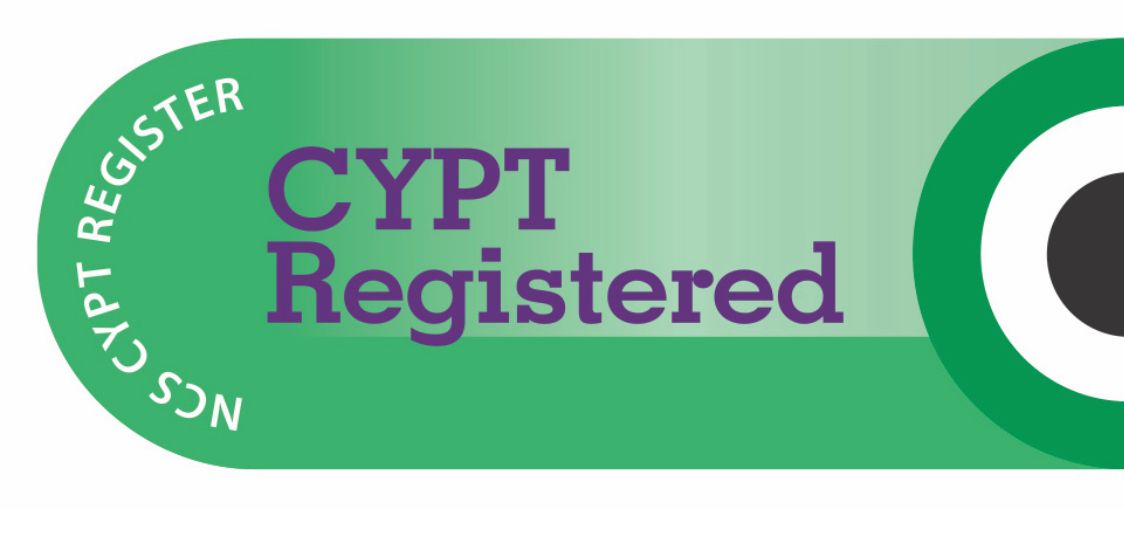All of us as humans form rituals and habits as we develop in life, only where these habits are formed through obsessive, persistent and intrusive thoughts that cause distress to the recipient, a condition called Obsessive Compulsive Disorder (OCD) occurs. OCD is a form of anxiety with irrational fears or obsessions, such as, you may fear you will harm someone, something bad will befall you, or you will catch an illness, if you do not preform a set ritual, this will then help to dispel the initial anxiety. One classic example of such an obsessive fear and a neutralising ritual is shown below. The fear of becoming ill or dying is the obsessive thought. The compulsion to combat the threat is excessive hand washing (to avoid the germs) that becomes so frequent that it starts to affect the life of the sufferer or impacts upon their life in other ways.
OCD occurs most commonly in late adolescence or early adulthood and in equal numbers across both sexes in adults, however in males it tends to show at an earlier age so is more prevalent in childhood with boys. There is also a strong genetic link with OCD with it often being passed on by parents and an association with Depression, social phobias and Generalised Anxiety Disorder. (Butcher,J.N., Mineka,S. Hooley,J.M. 2007) Those with OCD can also develop rituals that attempt to create an order in their life by creating cleanliness as in the previous example, but also order and overt tidiness such as having to scrub floors regually and rearrange items in size or colour before leaving the room. As is the case in all conditions in mental heath, all of us sit somewhere on a sliding scale between average and having a condition. David Beckham spoke on Jonathan Ross’s of how he has to group cans of drink in pairs in the fridge with the label facing forward show.
https://www.youtube.com/watch?v=VvUH0B-5PUM&feature=youtube_gdata_player
Several references have since been made referring to Beckham as having OCD, in cases such as this perhaps a label would be meaningless, unless these actions or most importantly the thoughts behind the actions caused distress to David then otherwise maybe they can be considered an idiosyncrasy?
Obsessions and counter rituals can become overly important to them. whilst neatness and order is the most classic of OCD traits the hoarding of objects has also been linked to OCD. Frost, Krause and Steketee conduced research that shows 34% of those diagnosed wit OCD had compulsive thoughts about hoarding. Rituals to remove primary fears present in OCD may have to be preformed before sufferers leave the house, closing the fridge door a set number of times or checking and rechecking the oven is off over and over again..
Whilst some traits that accompany OCD may in some contexts make a person particularly good at their job i.e. perfectionism and overt consciousness – as an example whilst most pilots don’t have OCD the constant rechecking of controls and actions that an airline pilot has to preform could make a pilot with OCD a very good at his job, but unhappy in thier everyday life. Where repetitive actions and the desire for perfection start to interfere with everyday life then help can be sought. Counselling can be sought to help examine the actions that are being taken and the fears that lay behind the actions. Some aspects of OCD rituals and cleanliness can be seen in an extract from a film below
Whilst seemingly over exaggerated, many will experience OCD in a much milder form whilst others may have more severe symptoms than those show. Counselling using a psychotherapeutic technique called Cognitive Behavioural Therapy ( CBT ) often proves particularly beneficial for clients with a OCD diagnosis. As a counsellor, I can help those who have or have symptoms similar to OCD to begin to examine their fears, the actions that follow that fear, their behaviour and its consequence and impact on their life. Through their recognition, testing out the reality of the fear and forming new healthier habits they can begin to break free of their limiting habits, and move forward in l
ife. References Butcher,J.N., Mineka,S. Hooley,J.M. (2007) Abnormal Psychology 13th Ed. Pearson, Boston. Frost, R.O. Krause, M.S. and Steketee,G. Hoarding and Obsessive-Compulsive Symptoms at http://bmo.sagepub.com/content/20/1/116.short accessed 1.9.12 http://www.youtube.com/watch?v=VDuRbHd9Jcc&feature=youtube_gdata_player accessed 1.9.12 (http://www.youtube.com/watch?v=VvUH0B-5PUM&feature=youtube_gdata_player accessed 1.9.12 http://www.bbc.co.uk/programmes/b00t3tlp accessed 1.9.12 http://www.youtube.com/watch?v=44DCWslbsNM&feature=youtube_gdata_player accessed 1.9.12


